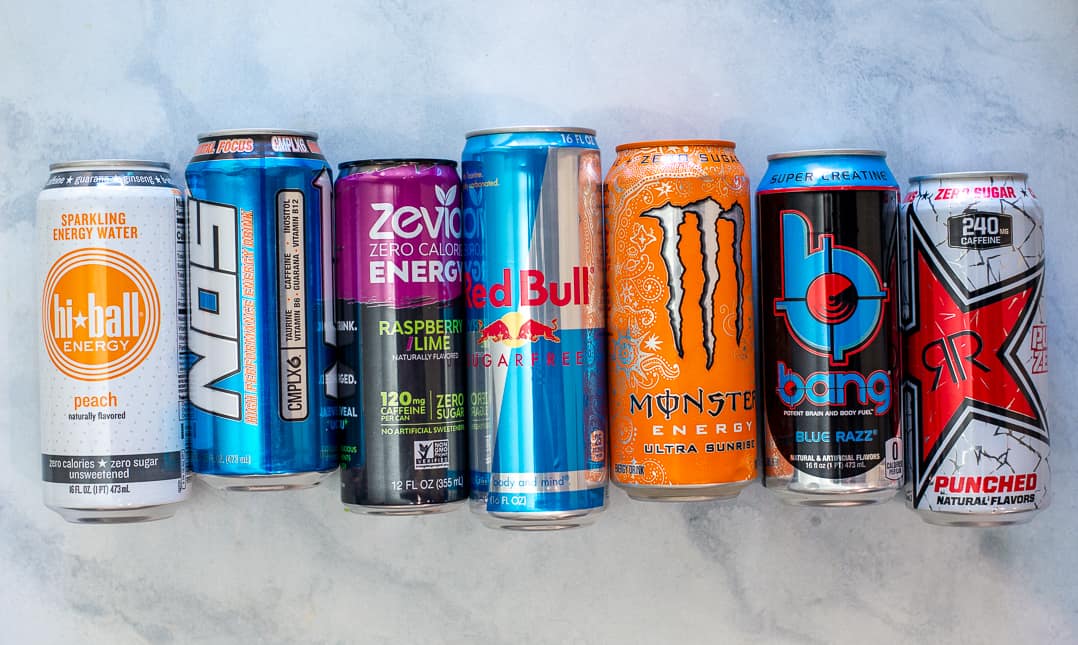Energy drinks have been around for several decades and have become a popular beverage choice for people of all ages. These drinks are often marketed as a quick fix for low energy levels and fatigue, and they claim to provide an instant boost of energy that can help people stay alert and focused. But are they really worth it? In this article, we will explore the benefits and drawbacks of energy drinks and help you make an informed decision about whether or not to include them in your diet.
What are Energy Drinks?
Energy drinks are a type of beverage that contains caffeine, sugar, and other stimulants that can increase alertness and provide a temporary boost of energy. These drinks are often marketed towards students, athletes, and working professionals who need to stay awake and focused for extended periods.
Some of the common ingredients found in energy drinks include caffeine, taurine, B vitamins, ginseng, and guarana. These ingredients are supposed to work together to provide a synergistic effect that can help people feel more alert and focused.
Benefits of Energy Drinks
The main benefit of energy drinks is that they can provide a quick and easy boost of energy that can help people stay awake and focused. This can be especially helpful for people who have to work long hours or study for exams late into the night.
Energy drinks can also help to improve physical performance and endurance, making them a popular choice for athletes and fitness enthusiasts. The caffeine and other stimulants found in energy drinks can help to improve reaction time, reduce fatigue, and increase muscle endurance.
Drawbacks of Energy Drinks
Despite their benefits, energy drinks are not without their drawbacks. One of the biggest concerns about energy drinks is their high sugar and calorie content. Most energy drinks contain a significant amount of sugar, which can lead to weight gain and other health problems if consumed in excess.
Energy drinks can also have a negative impact on sleep quality, making it harder for people to fall asleep and stay asleep at night. This can lead to a vicious cycle of dependence on energy drinks to stay awake during the day and difficulty falling asleep at night.
Another concern about energy drinks is their potential to cause heart problems. Some studies have suggested that energy drinks can increase heart rate and blood pressure, which can be dangerous for people with underlying heart conditions.
Finally, energy drinks can also have a negative impact on mental health. Consuming too many energy drinks can lead to anxiety, nervousness, and irritability, which can have a detrimental effect on mental well-being.
In conclusion, energy drinks can provide a quick and easy boost of energy that can help people stay alert and focused. However, they are not without their drawbacks, and excessive consumption of energy drinks can lead to a range of health problems.
If you are considering adding energy drinks to your diet, it is important to be aware of the potential risks and benefits. It is also important to consume energy drinks in moderation and to avoid consuming them late at night to avoid negative impacts on sleep quality.
Ultimately, the decision to consume energy drinks is a personal one, and it is important to weigh the potential benefits and drawbacks before making a decision. If you are unsure about whether or not energy drinks are right for you, it is always a good idea to speak to a healthcare professional for advice.
